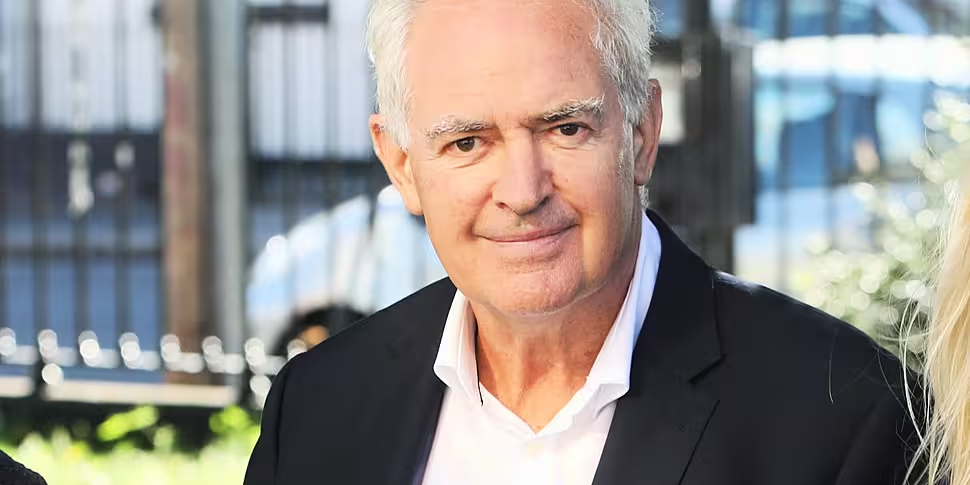Consultant obstetrician Dr Peter Boylan has claimed that fears over litigation mean CervicalCheck is facing staff shortages.
It comes as the screening service warned a lack of trust is causing women with cancer to risk their health and lives.
The programme's clinical director Nóirin Russell has claimed some are turning to 'weird and wacky' treatments.
Dr Boylan, a former chair of the Institute of Obstetricians and Gynecologists, told Newstalk Breakfast misunderstandings over what it provides have hurt the service.
"It's important to understand that the cervical screening programme has resulted in a 7% year-on-year reduction in the number of women who develop cervical cancer.
"So that's a huge improvement in women's health as a consequence of the CervicalCheck programme.
"The other point is that people need to understand the difference between a screening test and a diagnostic test.
"A screening test tests for the likelihood of a condition occurring, but it doesn't give you a definitive answer - and that's why cervical screening doesn't always diagnose a cancer.
"A cancer is diagnosed by a colposcopy or by a biopsy - where a screening programme just tell us the likelihood of a woman either having a problem with her cervix".
Dr Boylan said he is not surprised "at all" to hear there are issues around recruitment for the service.
"There's great difficulties in recruiting people right across the Irish health service for a variety of reasons, in this particular case I think it mainly to do with the fear of litigation, which as we all know is rife in Irish society.
"People are fearful of going into jobs where it's likely that they're going to be sued if there are problems, which are similar to the problems right around the world.
"Every screening programme around the world - Australia, the United States, the UK - they all have the same incidence of screening difficulties, if you like, and the same sort of lack of diagnosis.
"In other countries they do audits, as was done here, but they don't give the results to the women because of the resulting lack of trust in the programme if people misinterpret what a screening programme is - and I'm afraid that's what happened in this case".
'Very badly handled'
And he said the cases of over 200 women who received false negative results was badly handled by all sides.
"It was very badly handled all round - it was badly handled by CervicalCheck, but it was appallingly badly handled by the media through a misunderstanding of what the difference between a screening and a diagnostic test is.
"It's a highly successful programme, but I think the way the whole thing was handled was just very, very bad - and I'm afraid the various reports weren't really that particularly helpful in getting people to understand what exactly had happened."
He said no women had a lack of treatment, and that "retrospective bias" had helped with the process.
He explained: "If I'm given a slide and I know that a woman has developed a cancer, I'm much more likely to find abnormalities on that slide, as opposed to if it's one of thousands that I'm looking at".
Asked if this could spell the end of State-run screening services in future, Dr Boylan replied: "That is a risk, yes.
"And I think it's up to the State, in association with the medical professionals and the legal professionals, to develop a system whereby doctors, screeners and laboratory people can work in an atmosphere where they're not fearful that - if their rates of screening are well within international norms - that they're not pilloried and blamed and sued and shamed in the media".









